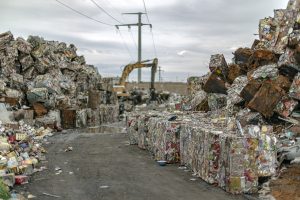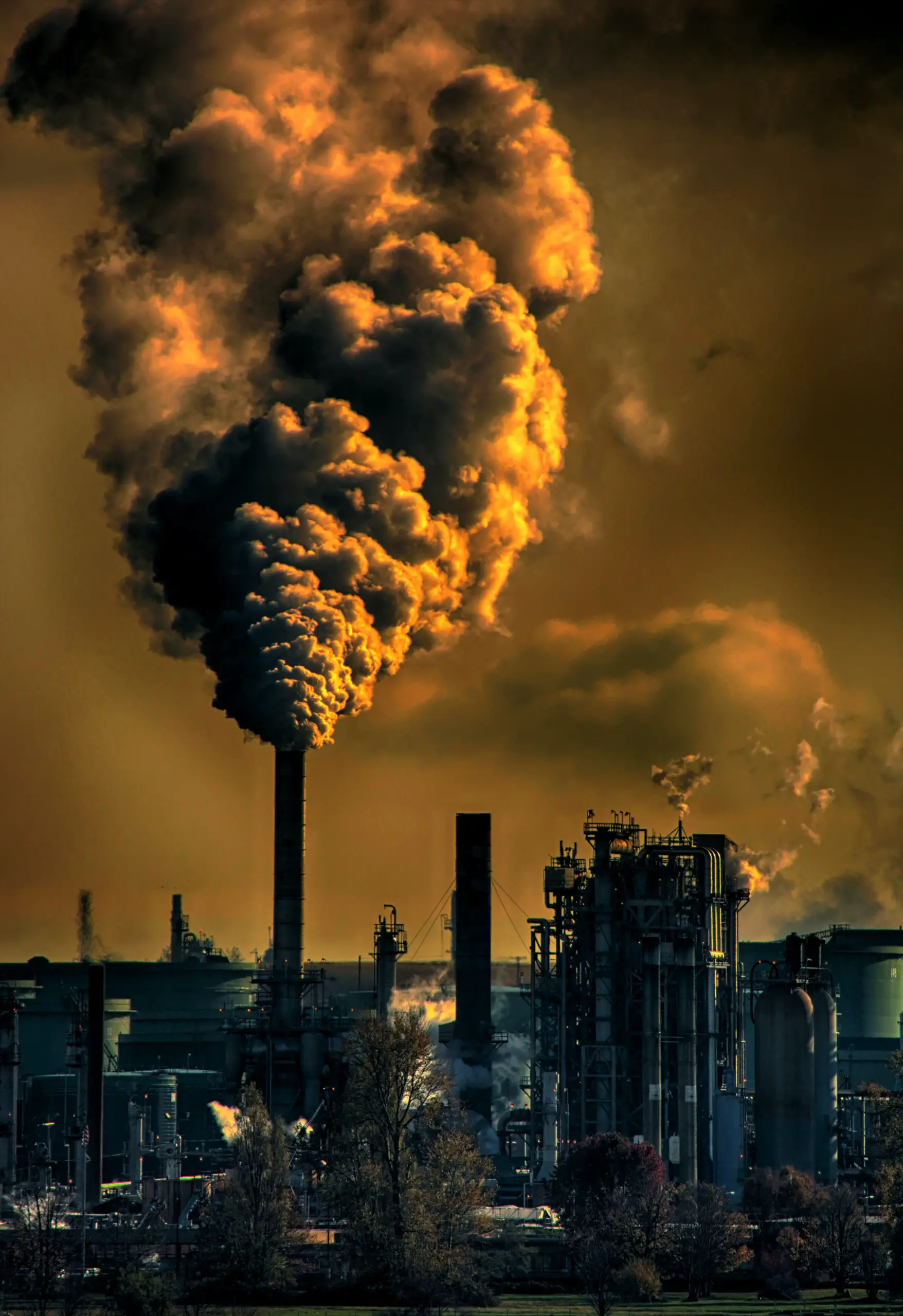How does reducing waste help climate change?
When we think of living a sustainable life, one thing that comes to mind is recycling. The effects of our waste on the environment and the climate-altering effects of greenhouse gas emissions are causing many of us to become increasingly concerned. Because recycling bins are almost everywhere, recycling has become an important part of many people’s daily lives to help the environment. Consequently, how does recycling impact climate change?
Recycling helps reduce carbon emissions, even though it is not the most environmentally friendly change. This article examines precisely how the recycling system contributes to the climate crisis, despite the fact that you may be familiar with it.
Greenhouse gas emissions (GHGs) can be found in the materials and products we use every day, such as our food, clothing, cell phones, computers, purchases, and packaging, as well as the building materials we use to build our homes. Burning fossil fuels requires a lot of energy to extract raw materials for new products. Carbon dioxide and other greenhouse gases (GHGs) are released into the atmosphere when fossil fuels are burned for energy.

The provision of food and goods produced in the United States accounts for 42% of the nation’s total GHG emissions, according to estimates provided by the Environmental Protection Agency. GHG emissions are significantly reduced through recycling, composting, and reducing consumption.
Energy is used and greenhouse gases are released during the extraction or harvesting of raw materials, their production into products, their distribution to consumers, and their final disposal in a landfill or incinerator in a linear economy model of resource extraction.
There are numerous viewpoints regarding the potential benefits of recycling. Nevertheless, it cannot be denied that it contributes significantly to the expansion of a circular economy.
According to Project Drawdown’s research, recycling has the potential to cut carbon dioxide (CO2) emissions by 5.5 to 6.02 investigation between 2020 and 2050. There is a strong link between waste and recycling because recycling turns waste into new products. We support recycled materials, so this connection supports global efforts to promote sustainability.

We can cut down on waste, direct emissions, and energy use by choosing recycled products and supporting recycling. Because recycling requires less fossil fuels to transform raw materials, our collective demand for virgin materials decreases.
every time new products are made of recycled materials; The procedure is labor-intensive. Without this, the producer’s extraction and processing cannot proceed. Fossil fuels are required for transportation of these new materials in addition to the extraction and conversion processes. The atmospheric concentration of harmful gases is further exacerbated by these fuels.
A collective effort to bring about change is guaranteed when individuals and businesses comply with the demand for recycled products. Utilizing recycled materials conserves energy and reduces toxicity.
Paper recycling is just as important as plastic recycling. Our day-to-day lives are significantly influenced by paper. It is utilised in numerous locations, including our homes, workplaces, schools, and banks. Since paper comes from trees, using virgin paper heavily requires the use of trees. As a result, deforestation is one of the most pressing environmental issues in the world.
The atmosphere and air quality are affected by forest loss. This is due to the capacity of forests to store carbon dioxide. They play a crucial role in our fight against global warming. According to research, forests store 2.6 billion tons of CO2 annually.
The more we rely on these resources to make new products, the more stress the ecosystem is put under and the climate crisis gets worse. Recycling and sustainable forest management make it easier to reduce our reliance on trees.
Waste management systems come with a lot of difficulties. The primary cause of methane emissions is the disposal of food waste and other waste in landfills. The climate of the entire planet is affected by this extremely potent gas. Anaerobic decomposition is a process that occurs when waste materials accumulate in landfills. The release of this hazardous gas is made possible by this breakdown. We will have a better chance of reducing these effects on landfills if we embrace recycling and composting.






